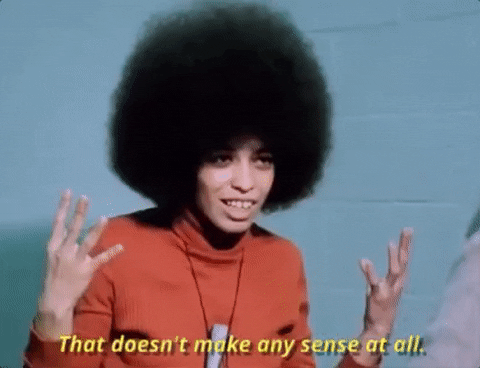When Sophia Amruso published her memoir #GirlBoss in 2014, the book was met with feminists embracing the ideology of the term. It not only cemented a community of strong women but also fed capitalism. From tees, stationery items, planners, advertisements to coffee mugs—businesses across the globe slathered the term #GirlBoss on everything. But years later, when women stepped into an era of new-age feminism, the term was viewed from a lens of irony. Following the exit of Leandra Medine from Man Repeller that was fuelled by the mistreatment and lack of women of colour in the organisation, Amruso and Medine were dubbed as hypocrite feminist role models. Why? Because feminism doesn’t come with discrimination nor does it come with a pack of terms to empower women.
/https://elle.in/wp-content/uploads/2021/08/img.jpeg) #GirlBoss by Sophia Amruso
#GirlBoss by Sophia Amruso
Today power suits and a calendar filled with meetings may be emblematic of a ‘boss’ but call it #GirlBoss and the idea propagates sexism, racism and class elitism, among other forms of oppression. If boys can simply be called a boss, why is gender attached to the term for girls? As more women venture into different realms today, they are introduced with terms that transcend way beyond just a boss. And here’s why they are problematic.
SheEO

Turning the term CEO (Chief Executive Officer) into yet another sexism-ridden acronym, SheEO refers to millennial women at the highest authority. But here’s a fact. Women can respond to incentives and power of privileges in similar ways that sometimes turn men into harassers or wealth-hoarders.
SheEO may be a term that inspires young, progressive women towards determination and action, but the truth is, it doesn’t make practical sense. Are men called HeEO?
Female / Women Entrepreneur

According to the Oxford dictionary, entrepreneur refers to ‘a person who makes money by starting or running businesses, especially when this involves taking financial risks’. While the coveted Harvard Business Review perceives each entrepreneur to possess the qualities of being “innovative, flexible, dynamic, risk taking, creative, and growth oriented.” With a term that is embedded in the qualities and personality of a person, why attach gender and call it ‘female entrepreneurs’?
On the other hand, the Government of India defined women entrepreneurship as "an enterprise owned and controlled by a woman having a minimum financial interest of 51% of the capital and giving at least 51% of employment generated in the enterprise to women". If she is doing the same work that is expected of a man while he is simply called an ‘entrepreneur,’ why are women called ‘female/women entrepreneurs’? It’s clear—we still live in the age of gender stereotyping.
Momtrepreneur

Father + Entrepreneur = Entrepreneur
Mother + Entrepreneur = Momtrepreneur
New slang Momtrepreneur refers to women who run their own businesses while also being a full-time parent. And for women who find inspiration in this concept, the term may just come off as a vote of confidence. But modern lingos such as momtrepreneur are derived from places that promote systematic sexism while the women take up tasks that run parallel to that of men. So why momtrepreneur?
Today both men and women are at par, professionally. And that is exactly the idea of feminism. The advent of terms that create a distinction between the genders in the name of empowerment hasn't done any good. No matter the push and a feeling of control millennial women derive from these terms, the fact is, they are simply sexist and redundant today.
Photographs: Instagram, Pinterest, Giphy
/elle-india/media/agency_attachments/2026/01/15/2026-01-15t094302816z-logo-2-2026-01-15-15-13-15.jpg)
/elle-india/media/agency_attachments/2026/01/15/2026-01-15t094302816z-logo-2-2026-01-15-15-13-15.jpg)
/elle-india/media/media_files/2026/01/06/arts-and-culture_marayacouple_en_static_display_728x90-2026-01-06-15-30-18.jpg)
/elle-india/media/media_files/2025/12/18/arts-and-culture_marayacouple_en_static_display_300x250-2025-12-18-11-05-09.jpg)
